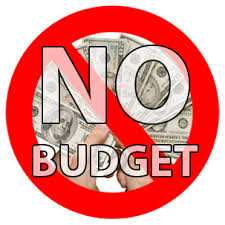Get Ready! Get Set! Get Shopping!

And you don’t have to wait for the turkey to become skin and bones to get in on the bargains, according to the shopping experts. But the wisest shoppers will go into the season with a strategy and a budget, those same experts say.
Here’s how:
Set A Goal
Be a “mission” shopper. Have the list before you shop and know how much you can afford to spend without fracturing your budget. If you wander around with no clue, looking for the perfect gift, you’re likely to fall victim to impulse buying. And once that starts, it’s hard to draw the line. To help stay on task, plan your holiday shopping as part of a list of things to be done – for instance, picking up the kids from school. That creates a deadline that won’t allow you too much time to be tempted. Or shop with someone whom you know to be impatient and who will hurry you through the process.
Price Match

Email Newsletters
Keep a separate email address for store mailing lists, subscriptions to daily deal lists and related shopping aids. That helps prevent clogging of your main inbox and streamlines your online browsing for the best deals. Sign up for deal alerts on retailer websites so you can do your shopping at home before facing the crowded stores.
Free Shipping
Be aware of shipping policies before you make your online purchases. Delays with UPS and FedEx left a lot of people giftless on THE day last year. Read dealer shipping information thoroughly, especially if you’re crowding the deadline. If the fine print says the goods will be shipped in a certain number of business days, remember that Saturday and Sunday won’t count. Avoid paying extra bucks for overnight or one-day shipping by allowing plenty of time.




